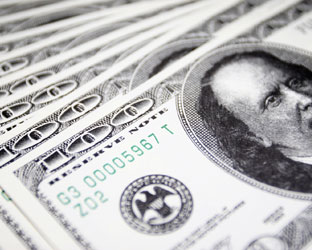How rough is it for individuals committed to providing that vital news and information to consumers of many AM radio stations, and FM stations that largely comprise NPR Member stations? The RTDNA finds that while salaries rose 4.5% in 2022, inflation made it another down year in real dollars.
For the third year in a row, radio salaries failed to rise to the level of inflation. That’s based on a RTDNA/Newhouse School at Syracuse University Survey conducted in the fourth quarter of 2022 among a random sample of 4,819 radio stations.
Valid responses came from as many as 777 radio news directors and general managers representing 2,514 radio stations.
In 2021, although inflation that year was just 1.4%, radio salaries went up a paltry 0.9%. RTDNA shares that 2022 was a lot worse, with radio salaries up just 0.4% and inflation at 7%.
This year, salaries are up 4.5%, but with inflation at 6.4%, it’s another year of losing ground. Over the last three years, radio news salaries are down a cumulative 8% in terms of real wages.
Smalltown Down
In Markets 1-25 (90%) and 151+ (94%), an overwhelming majority of newsrooms reported salary gains, and most newsrooms in Markets 26-50 (75%) and 101-150 (63%) also reported salary gains.
Newsrooms in Markets 51-100, however, were not as fortunate. Only 37% of those newsrooms reported salaries were up, and 47% reported salaries actually decreased in 2022.
Meanwhile, stations that paid health insurance jumped to 38.6% — an increase of nearly 13% compared to last year — while partly paid health insurance dropped by only 3.5%. That’s a big gain. Stations that paid drug plans rose by 4%, and stations that paid maternity or paternity plans went up by more than 7%. Stations that contribute to 401k or 403b rose by 4%. Even paid vacation went up by 2%.
What are newbies earning? The average starting pay rose 15% to $37,600 and the median starting pay went up even more: 18.2% to $37,000.




